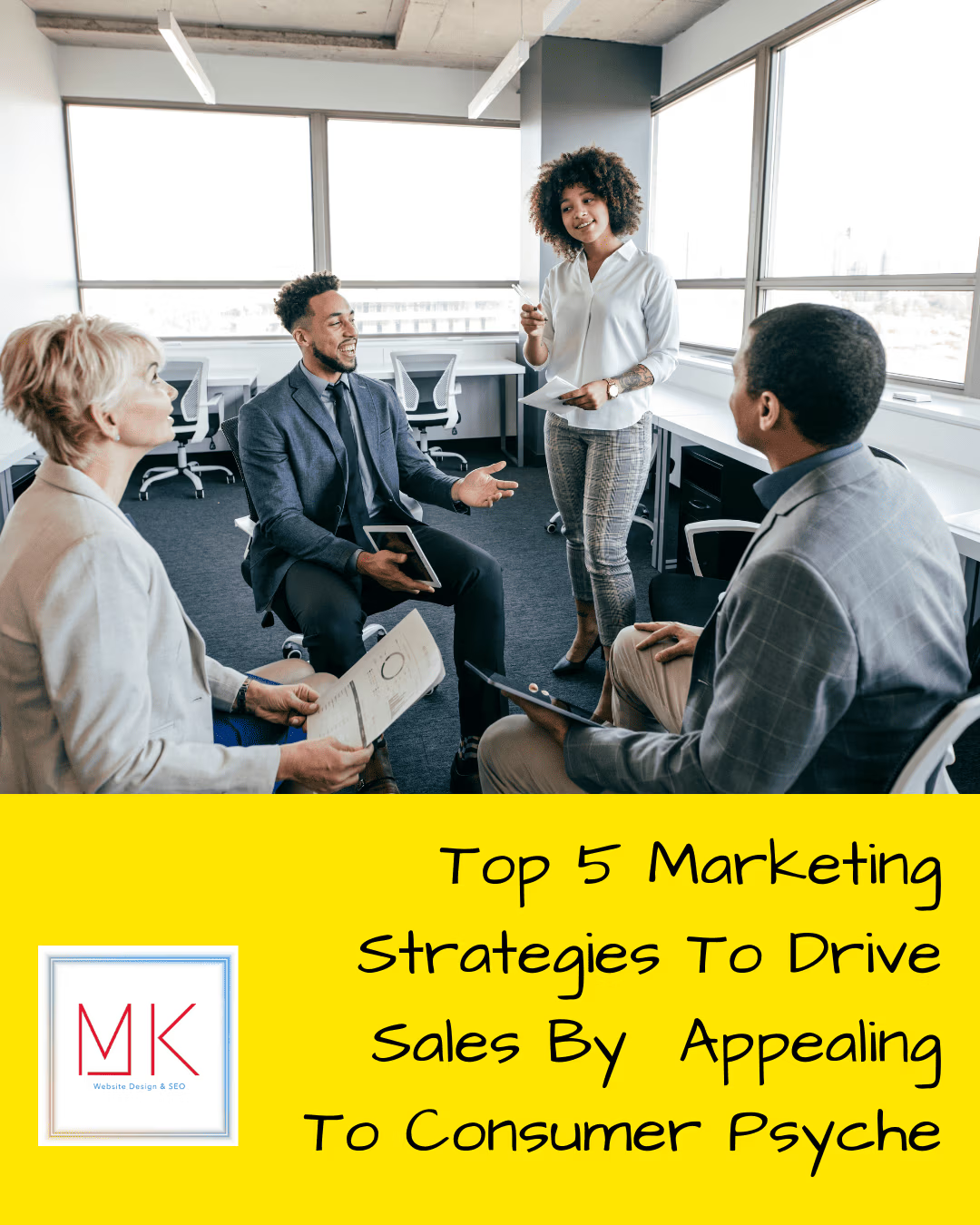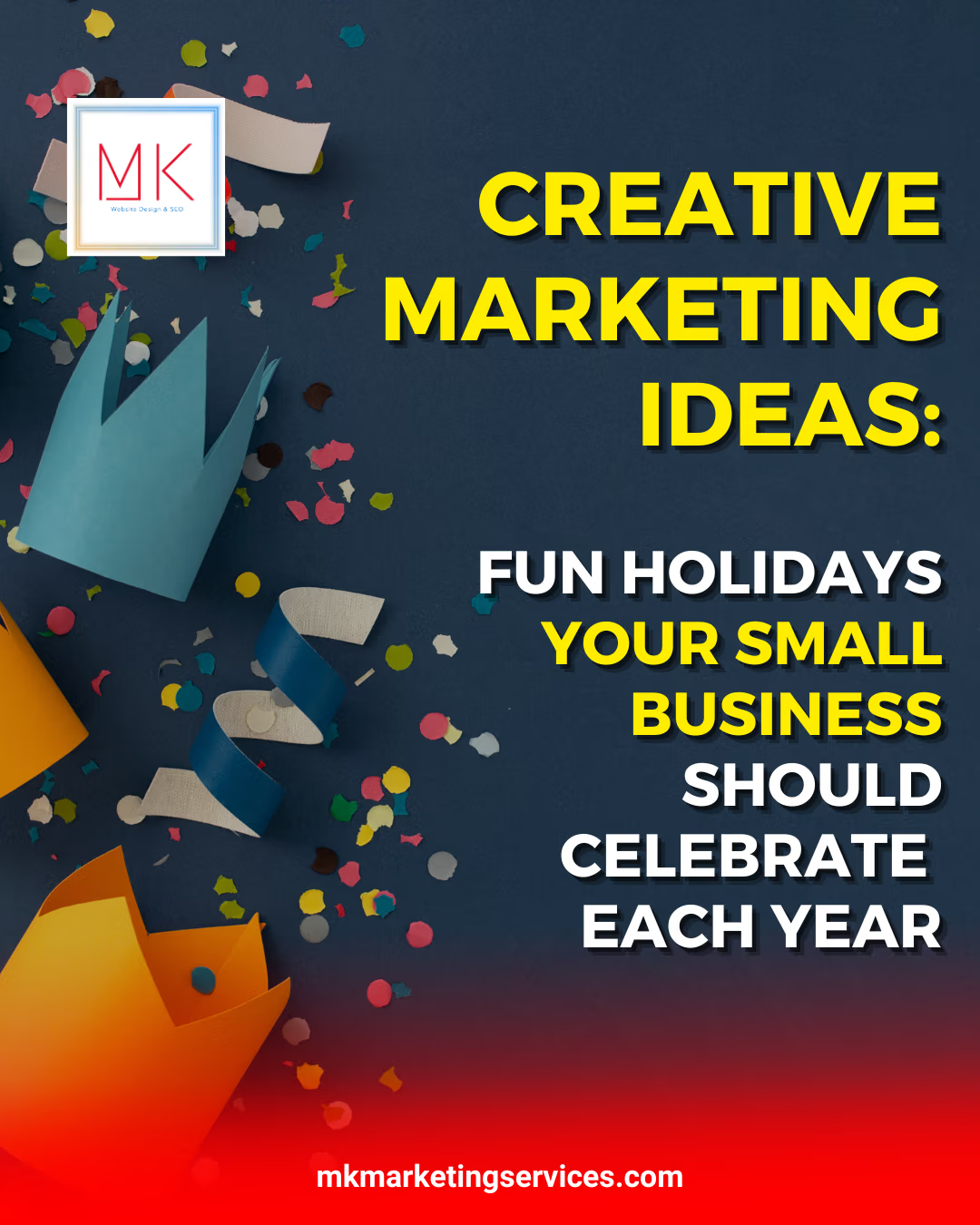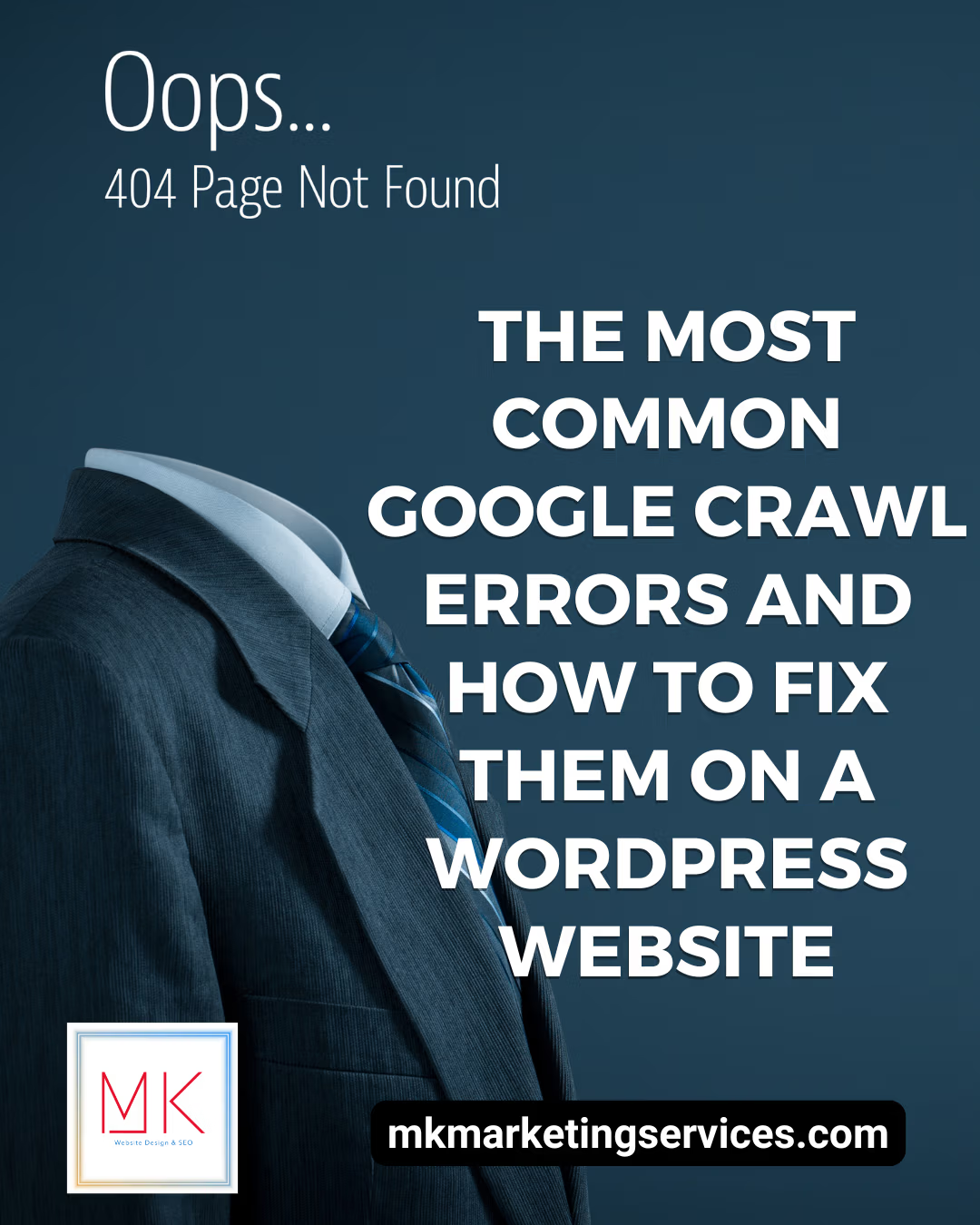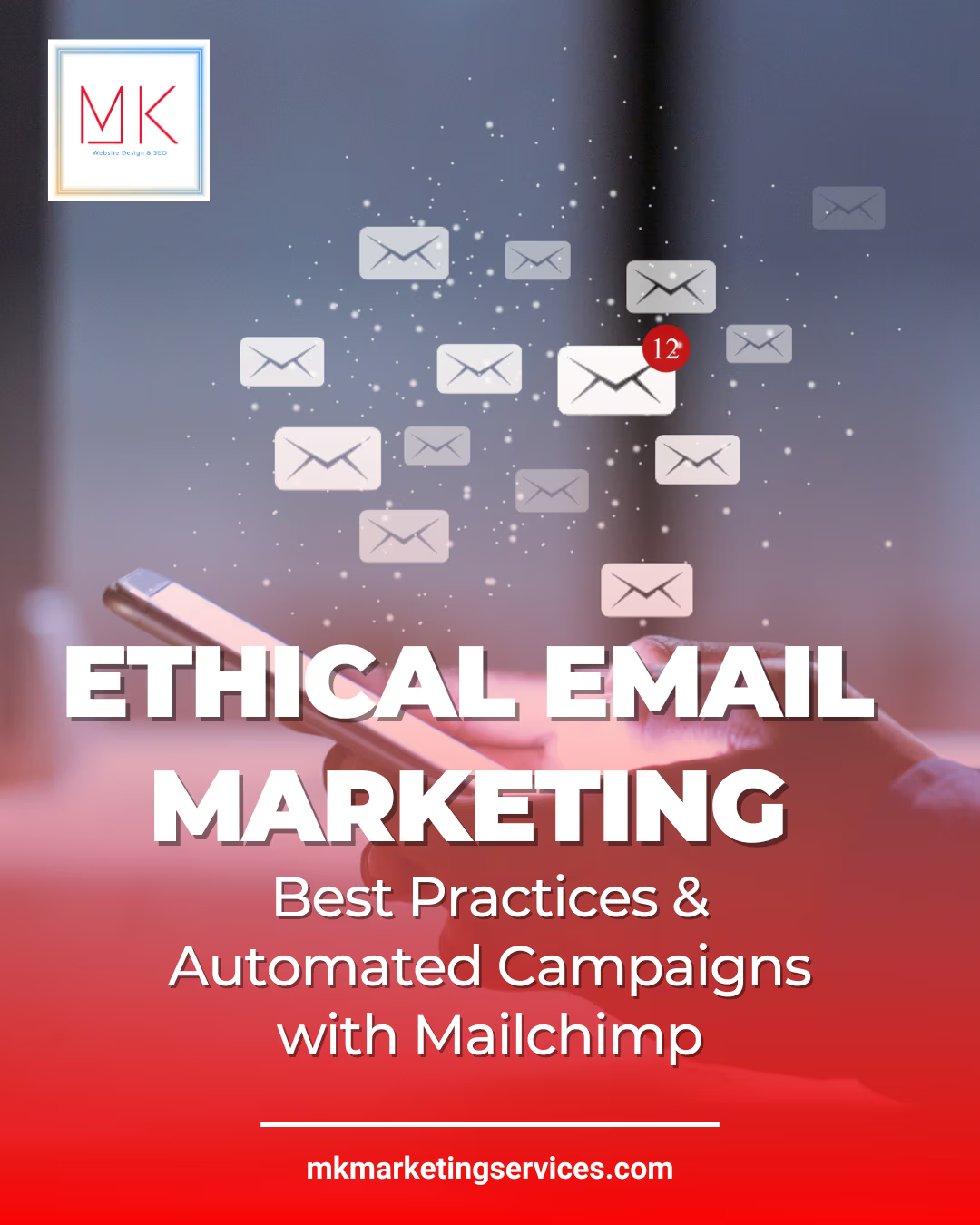Marketing is a game of perception. Every sales agent knows that to be able to convert a potential customer into a loyal client, they must first convince him or her of the need to buy the product.
The sales agent needs to show the customer why they need the product and how it would add value to their lives.
Regardless of whether you are a millennial or an older generation who didn’t grow up without the internet, one thing is for sure – We still have the same basic desires and wants.
And when you break down the process by which we all make decisions, we still respond pretty much the same way to choosing our desired products.
By appealing to human psychology, you too can leverage it to drive more sales.
Let’s find out!
1. The desire for novelty
We as humans all have a desire for novelty. It makes us feel unique and stand out from the crows. It makes us feel special.
As a clever marketing tactician, you can appeal to this desire to drive more sales.
It can prove quite useful when you have a product that has certain special features or has identified a particular niche.
2. A human story
People will not purchase products without first being convinced that it will add value to their lives. Products are therefore viewed as a way to solve problems.
By providing a human story on how your products have a greater impact not just on the buyer but on the community at large, people are much more likely to purchase your products.
This is because they believe that they are doing a greater good by buying your products. For instance, companies that sell recyclable water bottles can go with the idea that they help prevent pollution in the ocean that causes harm to marine life.
3. The desire for pleasure
All humans naturally want to feel pleasure. It is one emotion that contributes to our general happiness. If people feel like a product will give them pleasure, they will be willing to buy it.
Something else to note is that when offering a service the customer wants to know that they made the right choice.
Because of this, you must focus on providing the absolute best customer experience. This can also prove to be a great way to grab customer loyalty.
4. Satisfy curiosity
People have a desire for information and a want to satisfy their curiosity. They want to know and learn more about the product that they are about to purchase.
Offering customers information through content such as blogs, videos and images can go a long way to helping them buy your products.
However, part of doing this is withholding some information. Instead of providing all the information upfront, you can prompt them to keep reading about your product or to visit your website.
Here they can find all the information about the product that they are searching for.
Another strategy is to provide just a bit extra in your website landing page, which prompts the site visitors to click through more website pages.
5. Provide social proof
Before the age of the internet, one way that businesses got repeat customers is by relying on their customers to pass on information about their products to others.
Now in the digital era, customers also need proof that products are fulfilling their purpose and solving problems.
One way to achieve this is to provide social proof. This is where a business showcases the product’s effectiveness on social media.
Businesses can also leverage on influencers to help pass on this information to their followers.
As a result, a certain percentage of these followers are expected to convert.
Final Word
Appealing to the customer psyche involves proving to them that your product adds value.
Whether it’s showing social proof, or satisfying their desire for novelty or pleasure, once customers trust your brand they are far more likely to be repeat customers.













